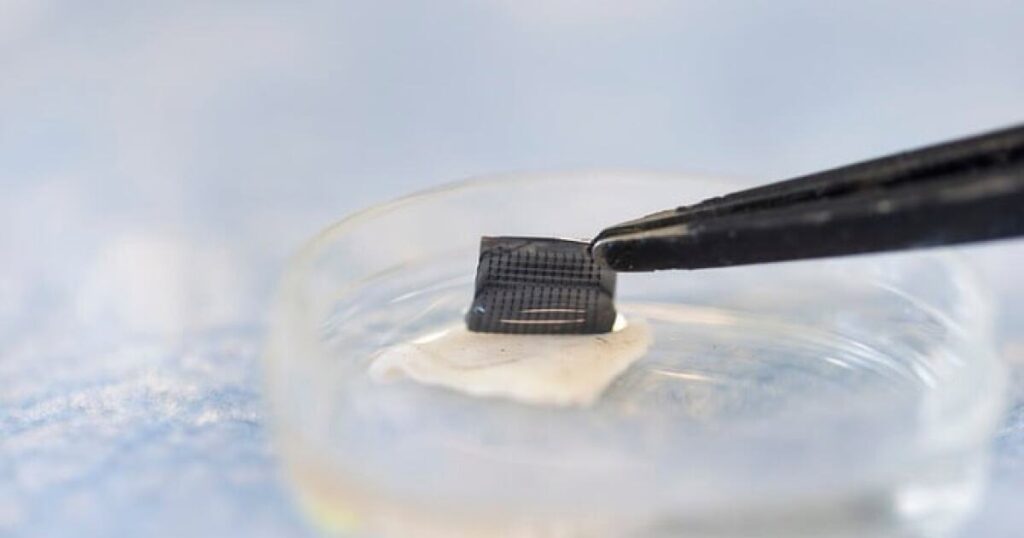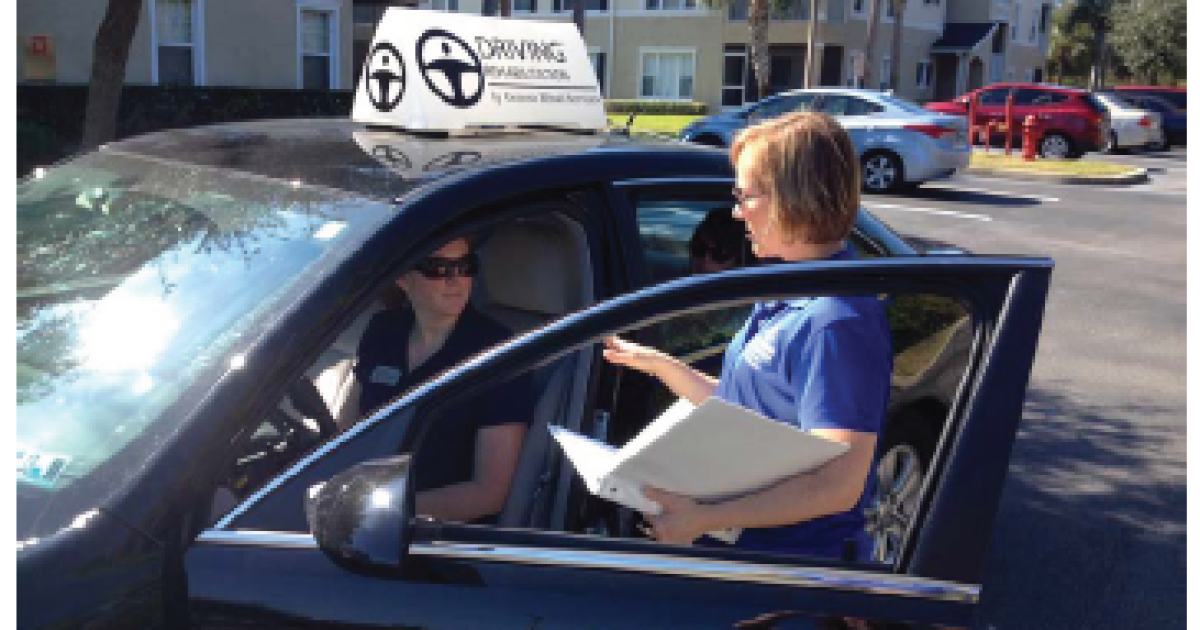A Potential Breakthrough in At-Home Skin Cancer Detection
Imagine being able to test for skin cancer at home, with the ease of a pregnancy or COVID test. Researchers at the University of Michigan are working towards making this a reality. A team from the Nagrath Laboratory has developed a prototype kit that could allow individuals to detect melanoma from the comfort of their own homes.
Melanoma, the deadliest form of skin cancer, is notorious for its ability to spread rapidly. Although it represents just about 1% of skin cancer cases, it accounts for the majority of deaths associated with the disease. It’s particularly prevalent among young people under 30, especially young women, though it is highly treatable if caught early. More details on melanoma can be found at the Cleveland Clinic.
Scott Smith, a doctoral student in chemical engineering and co-author of the study, explained that their innovation uses tiny microneedles to collect skin samples. These microneedles are just 0.6 millimeters long and less than 0.0001 millimeters wide, allowing them to isolate particles specific to melanoma from the intercellular fluid.
Once collected, the sample is applied to a test strip, functioning similarly to over-the-counter test kits. “If there’s two lines, that means it’s positive for melanoma exosomes,” Smith elaborated. The team has successfully tested these strips on mice with implanted tumors, achieving a 100% detection rate compared to a control group. However, Smith noted that further experiments are needed.
Currently, skin cancer detection typically involves a biopsy procedure known as dermoscopy, which can require multiple medical appointments. Smith believes that at-home testing could streamline this process, helping prioritize patient care and reduce wait times.
“We’re hoping eventually this is something that you can just get off the shelf, and test on yourself,” Smith stated. The intention is to provide individuals with a preliminary assessment of suspicious moles or skin patches, potentially reducing unnecessary medical interventions.
Inspired by the simplicity of COVID and pregnancy tests, the researchers aim to develop a diagnostic tool that is both accessible and efficient. “We really wanted to look into something that’s translatable, that can be used either at home or in the clinic,” Smith added.
The next phase of research will involve testing the kit on human tissue samples. If successful, the team plans to move on to trials with actual patients. Smith is optimistic that this innovation could save time, resources, and money by preventing unnecessary surgical procedures.
—
Read More Michigan News










